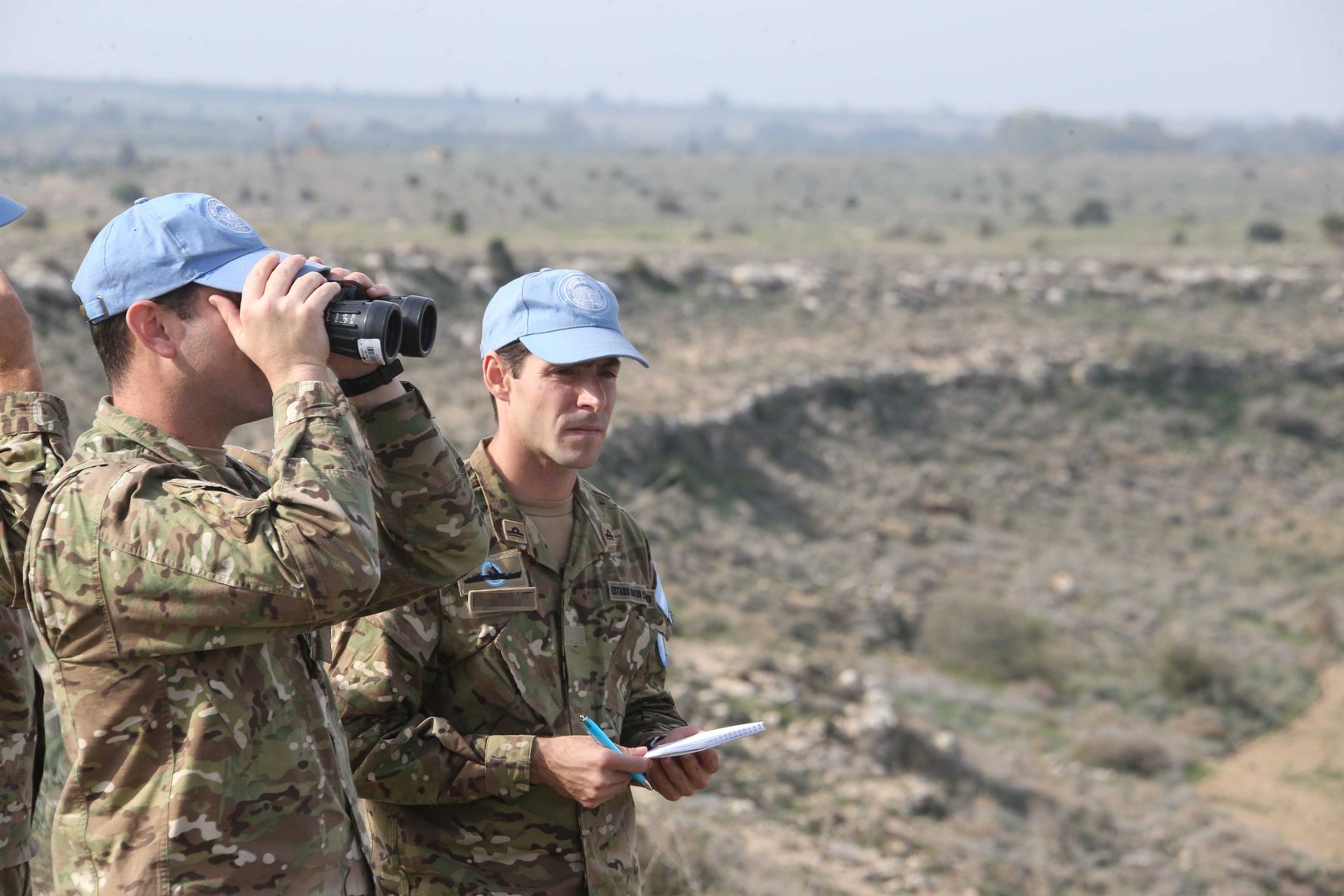The north’s ‘foreign minister’ Tahsin Ertugruloglu has said that measures will be taken following the renewal of the UN peacekeeping force in Cyprus – stating that their approval must also be sought.
He did not specify what the measures might entail.
At the heart of the issue is that every UN peacekeeping operation must sign a status of forces agreement with the host’s authority – which in this case is the Republic of Cyprus, and not the unrecognised ‘TRNC’.
Ertugruloglu’s comments on Saturday highlighted that sore point: “The way of the UN carrying out operations on the territory of the ‘TRNC’ with the approval of the Greek Cypriots must disappear.”
“If [Unficyp] is going to serve on the territory of the ‘TRNC’ – then they must seek the approval of the ‘TRNC’, the Turkish Cypriot people; I would like to emphasise the fact that we cannot continue as if nothing has happened,” he told the north’s Bayrak radio, which was conveyed by the Cyprus News Agency.
Ertugruloglu’s statements closely echoed those of Turkey’s foreign ministry – which on Friday, soon after the mandate was renewed, called the move “unfair and unrealistic”.
The UN Security Council also came in for a barrage of criticism from the office of the ‘presidency’ – arguing that the international body is ignoring the realities on the island.
Turkish Cypriot leader Ersin Tatar’s office further decried that the security council is dictating a specific model to resolve the problem – based on vote 1251 in 1991, 31 years ago. The office argued that efforts under that model have resulted in repeated failure and is one that is now no longer supported by the Turkish Cypriots.
It also said that: “The security council’s failure to request the lifting of the unjust isolation to which the Turkish Cypriot people are subject is also unacceptable.”
Criticism of Unficyp’s renewed mandate from Ankara and northern Nicosia are not seen as highly unusual – the issue has always irked them. But the harsh criticism is viewed as a continuation of Tatar’s policy that the north must be recognised as a sovereign equal to the republic.
Indeed, the north’s ‘foreign minister’ stressed that: “We have stated very clearly that if they ignore us, we are obliged to take some measures… Once we have informed the UN of those measures, we will also inform the public.”
As for the state of forces agreement being agreed to by the republic, Ertugruloglu said that this was a mistake from the start – arguing that it characterises the essence of the Cyprus problem; the view that there is one central authority which represents the entire island and all its peoples.
The security council report issued Thursday expressed its concerns on several issues, such as violations of the military status quo along the ceasefire lines, going so far as to “express alarm” at the continued violations of the military status quo along the line, the reported encroachment by both sides into the buffer zone and the risks associated, the challenges to the mission’s delineation of the buffer zone and the increase in unauthorised construction, which poses challenges to Unficyp’s operations and mandated authority;
It further stressed that Unficyp’s mandated authority extends throughout Cyprus and reaffirmed the importance of respect for Unficyp’s freedom of movement throughout Cyprus, including to ensure systematic and effective monitoring and reporting by the mission particularly on the situation in Varosha, as well as elsewhere.
Unficyp was formally established in March 1964 for a period of three months. This “temporary” force, as it was originally described, has now been on the island ever since.
The Greek Cypriot led administration was recognised as the legitimate government of the Republic of Cyprus that same year.






Click here to change your cookie preferences